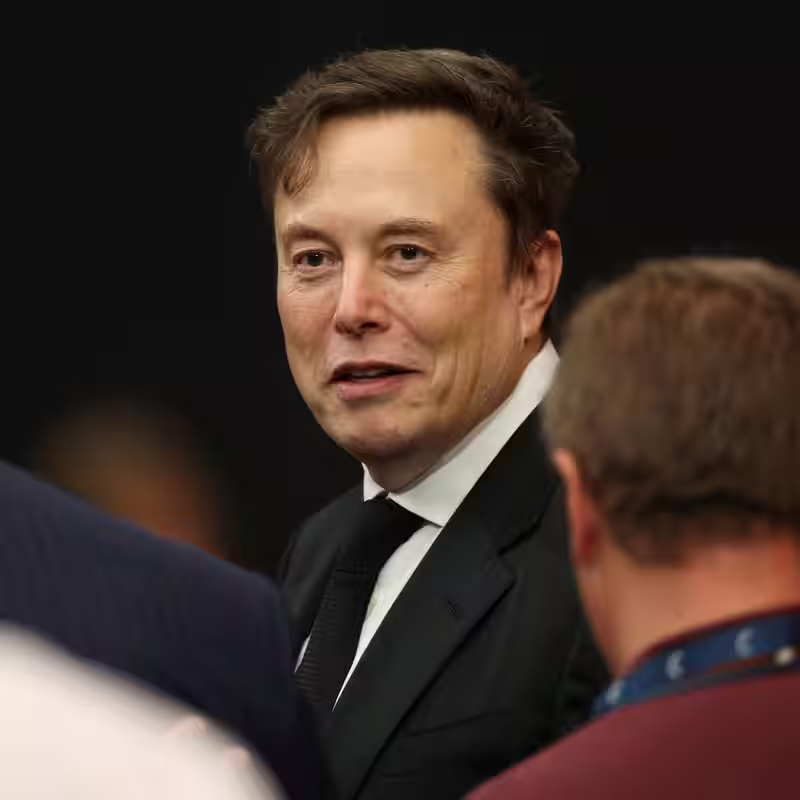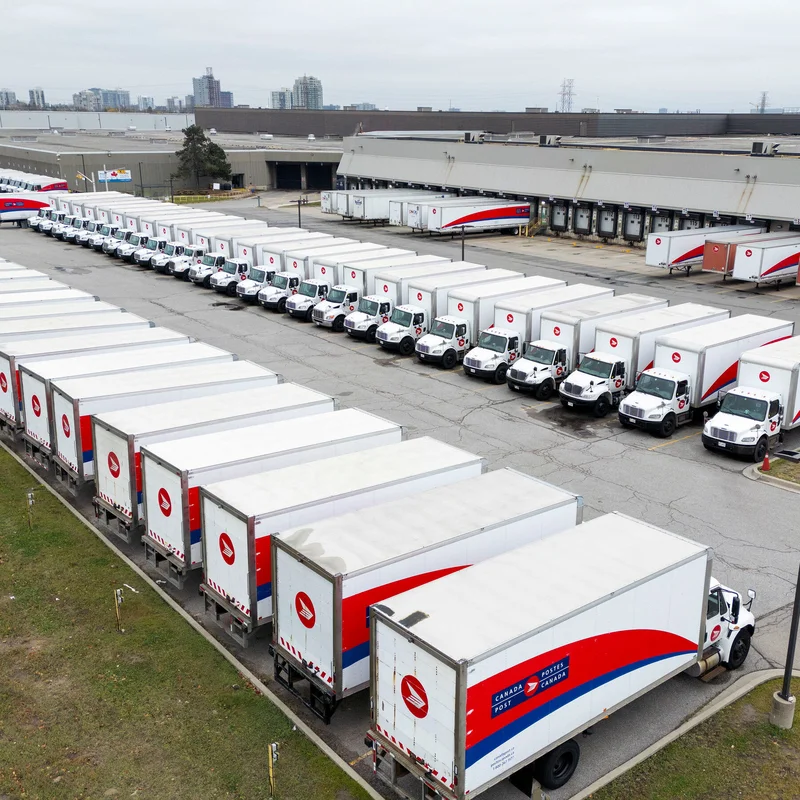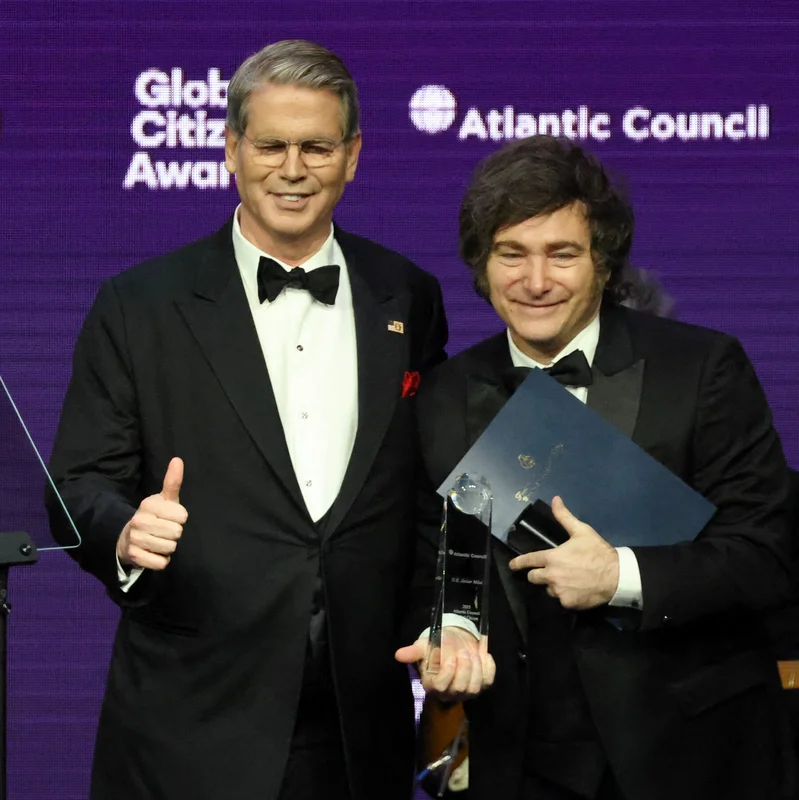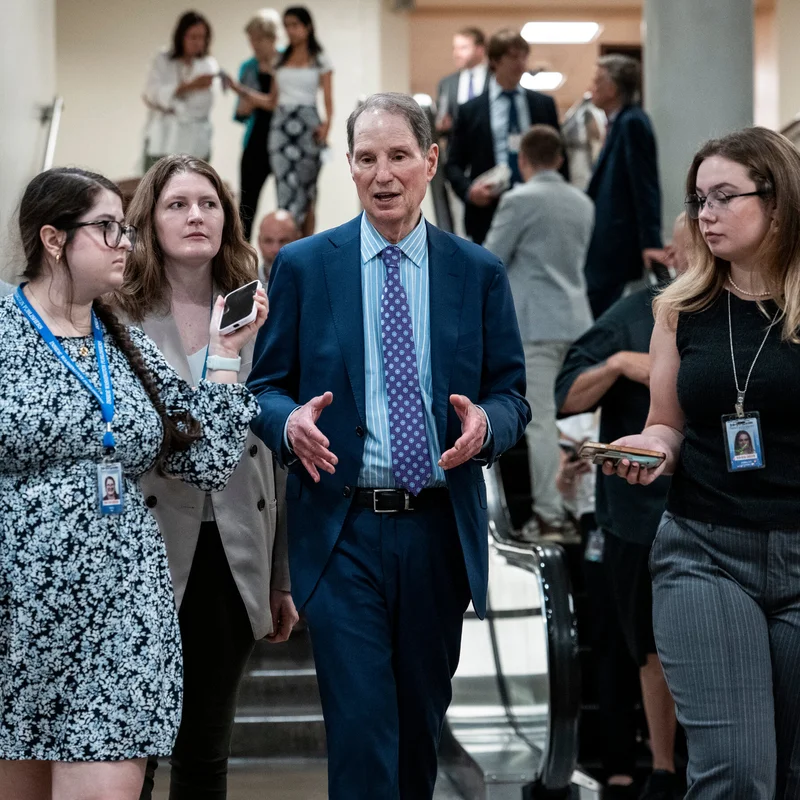Table of Contents
- Musk Pay Package Hearing Marks Turning Point
- What the Dispute Is Really About
- Why Delaware Matters in Corporate America
- The 2024 Shareholder Vote: Fix or Farce?
- What Happens Next—Regardless of the Ruling
- Sources
Elon Musk’s Tesla Pay Package Hearing Marks Turning Point
In a courtroom in Dover, Delaware, the fate of one of the most controversial executive compensation deals in U.S. history came under intense scrutiny this week. The Delaware Supreme Court heard arguments in the long-running legal battle over Elon Musk’s Tesla pay package—a deal now valued at a staggering $125 billion.
The hearing, which lasted just over an hour, could reshape how corporate boards approve massive payouts to CEOs—and whether shareholder votes can override judicial findings of procedural misconduct.
What the Dispute Is Really About
At the heart of the case is a 2018 compensation plan that awarded Musk up to 1.7 million Tesla stock options—contingent on him hitting aggressive performance milestones like growing Tesla’s market cap to $650 billion (a target since surpassed).
In 2023, Delaware Chancery Court Judge Kathaleen St. J. McCormick struck down the package, ruling that:
- Tesla’s board lacked independence from Musk during negotiations.
- Shareholders weren’t fully informed about potential conflicts of interest.
- Musk exerted undue influence over the approval process.
Tesla appealed, arguing that a 2024 shareholder vote
More than 60% of Fortune 500 companies are incorporated in Delaware, drawn by its specialized corporate courts and predictable legal framework. The state’s Court of Chancery has long been the go-to venue for high-stakes business disputes. But this case tests Delaware’s credibility. If the Supreme Court upholds McCormick’s decision, it reinforces judicial oversight of executive pay. If it sides with Tesla, it could signal that shareholder votes—even post-ruling—can override concerns about fairness and transparency. “There’s an institutional bias here to support a judge who did a careful job,” said Charles Elson, founding director of the Weinberg Center for Corporate Governance at the University of Delaware. Tesla’s legal team argued that the second vote “cured” any prior defects. But opponents, including a group of law professors from Stanford and other top schools, countered that the vote was coerced.
“For a stockholder vote to have meaning, it must be uncoerced.”
They pointed to Musk’s repeated public statements suggesting he might focus on SpaceX, X (formerly Twitter), or even leave Tesla entirely if denied the package—a tactic they claim pressured investors into compliance. During oral arguments, Justice Karen Valihura questioned whether voiding the package after years of Musk’s leadership would be equitable: “Do you have a case where a court has equitably rescinded an executive’s compensation after years of work?” she asked. Even if Delaware’s high court sides against Musk, he may still receive the shares. Tesla’s board has already pledged to deliver the compensation regardless of the outcome—and the company officially moved its legal domicile to Texas in 2024. Moreover, shareholders will vote in November 2025 on a new compensation plan that could push Musk’s net worth beyond $1 trillion if Tesla’s market cap reaches $8.5 trillion—a target many analysts call unrealistic but not impossible in a decade of AI and energy breakthroughs. Supporters like Sequoia Capital argue Musk belongs to a rare class of “visionary leaders” who deserve outsized rewards. Critics warn that affirming the package sets a dangerous precedent for CEO accountability. Whatever the court decides—likely in early 2026—the Musk pay saga has already reshaped conversations about power, governance, and wealth in modern capitalism.Why Delaware Matters in Corporate America
The 2024 Shareholder Vote: Fix or Farce?
What Happens Next—Regardless of the Ruling
Sources




